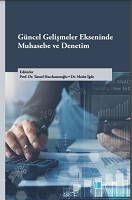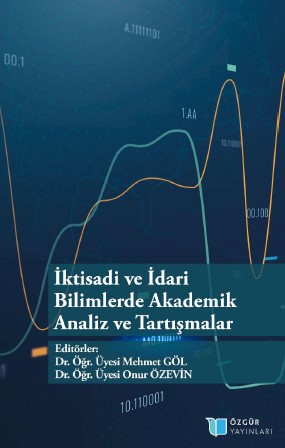
Yüksek Enflasyonun Mali Tablolar, Maliyet Unsurları, Hile Yönelimi ve Vergi Üzerine Etkileri
Accounting information aims to provide users with relevant and timely information to make decisions. The financial statements containing the accounting information, on the other hand, must contain accurate, reliable and truthful information for these decisions to be accurate. However, in economies with high inflation, the value of accounting information may be lost and the quality of decision-making may suffer. In this direction, within the scope of this study, the effects of high inflation on financial statements, cost elements, fraud tendency and tax will be examined. Inaccurate accounting information cannot accurately reflect operating results, business managers cannot effectively manage assets and liabilities, and the taxation process cannot function properly. Since the decrease in the purchasing power of money increases the manufactiring costs for the enterprises, it also causes difficulties in pricing decisions. Inflation triggers a decrease in income not only for businesses but also for consumers. The uncertainty resulting from this decrease may cause a moral deterioration in society and the possibility of fraud. On the other hand, since high inflation disrupts the entire tax system of countries, it changes the tax burden distribution. In addition, high inflation causes a decrease in tax revenues through corruption and tax evasion. Since the continuous increase in the general level of prices undermines the reliability of accounting information, it should be freed from the effects of inflation.
More...



